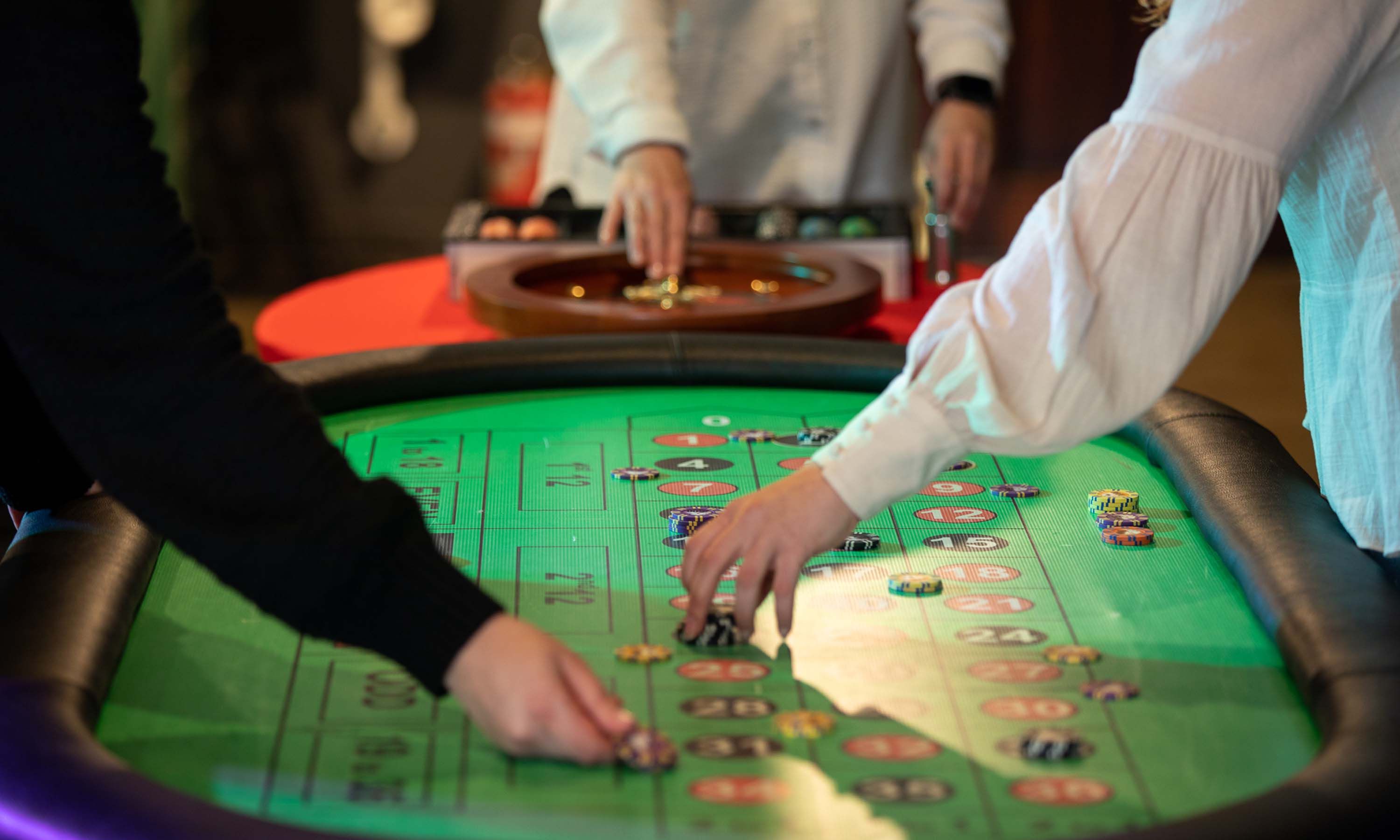
The lottery is a game of chance that has been played for centuries. It has brought both excitement and arguing to those who take part, with stories of outstanding wealth and devastating loss. While many dream of victorious the jackpot, others pick apart it as a form of play and a flat tax on the poor. Regardless of personal opinions, the drawing has played a considerable role in history and continues to have a strong bear upon on high society now.
The origins of the drawing can be traced back to ancient civilizations, where drawings were used as a substance of determinative divine messages or distributing prizes. However, the first recorded politics-run drawing was in 16th century Europe, with Queen Elizabeth I of England establishing a lottery to resurrect money for construction projects.
In the 17th and 18th centuries, lotteries were used in the American:ies as a way to fund populace workings and to aid in the repayment of war debts. This continuing into the early age of the United States, with the first national lottery being held in 1776 to finance the Revolutionary War. Lotteries were also used to finance the edifice of roads, Bridges, and universities, and were seen as a way to advance world support for common projects.
As the drawing continuing to grow in popularity, it also pale-faced criticism for its possibly veto affect on society. In the 19th and early on 20th centuries, there were many instances of dishonest lotteries and penal play trading operations. This led to a backlash against the drawing and a movement to ban it totally.
In the 1960s, however, the tide turned once again as the first legal submit drawing was established in New Hampshire with the goal of nurture money for world breeding. Other states soon followed suit, and nowadays there are 44 states in the US that volunteer some form of lottery. The revenue generated from these lotteries is usually earmarked for breeding, substructure, or other government programs.
Despite its intentions, the drawing has been met with interracial reactions and general contestation. Supporters reason that it provides much-needed finances for life-sustaining populace services and gives individuals the to win boastfully sums of money. Additionally, the bandar togel has become a form of entertainment for many, with people thirstily anticipating the weekly drawings and dream of what they would do with the pot.
On the other hand, opponents of the drawing reason that it preys on the poor and encourages harum-scarum outlay habits. Studies have shown that low-income individuals are more likely to play the drawing, with a incommensurate amount of their income going towards drawing tickets. This has led to accusations that the drawing is au fond a fixed tax on the poor, taking money from those who can least give it under the pretext of serving the .
Despite the current debate, the drawing has undoubtedly made a substantial touch on beau monde. It has raised billions of dollars for meaningful causes and has created many millionaires and living legends. However, it has also brought about negative consequences such as enlarged gaming addictions and financial strain on low-income individuals.
In Holocene epoch eld, the rise of applied science and online play has revolutionized the drawing industry. Many states now offer the choice to buy up drawing tickets online, making it easier and more favorable for populate to play. This has also open up the market to a junior demographic, with the hope of maximising tax income for submit lotteries.
The lottery continues to germinate and adjust with the multiplication, but its impact and controversies remain a . Whether it is seen as a atoxic game of or a pernicious form of victimization, the lottery stiff a nonclassical and profitable form of entertainment for many. As long as there are those who dream of victorious big, the lottery will carry on to be a part of our and account.
